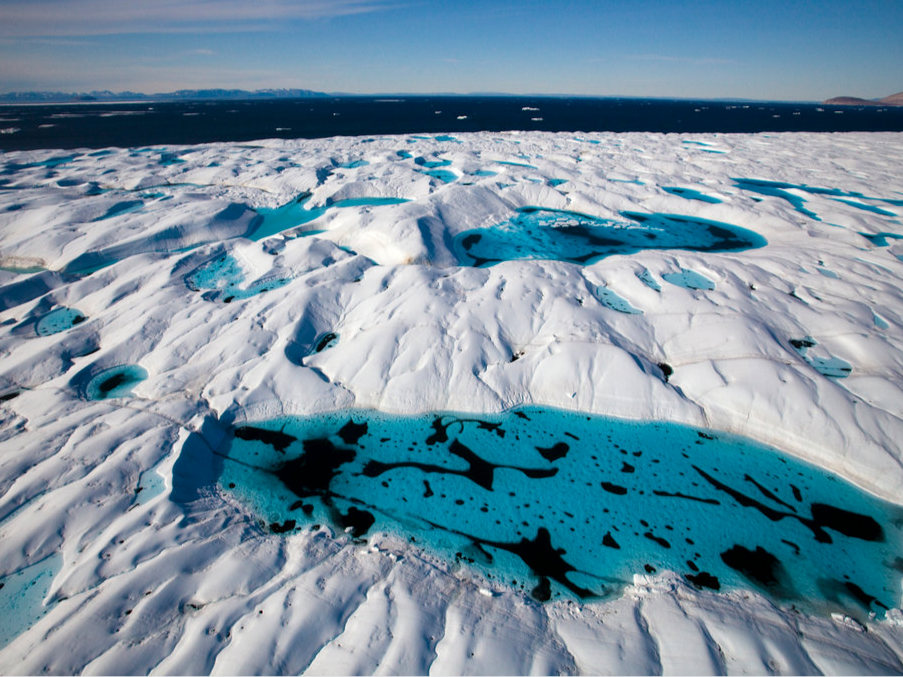Negotiators clinched a deal in overtime at the U.N. climate talks at Sharm el-Sheik, Egypt, for rich nations to compensate poorer nations grappling with the effects of global warming.
The deal calls for the establishment of a dedicated fund that helps developing countries by paying for so-called loss and damage, or reparations, from climate-affected droughts, floods and other extreme weather.







